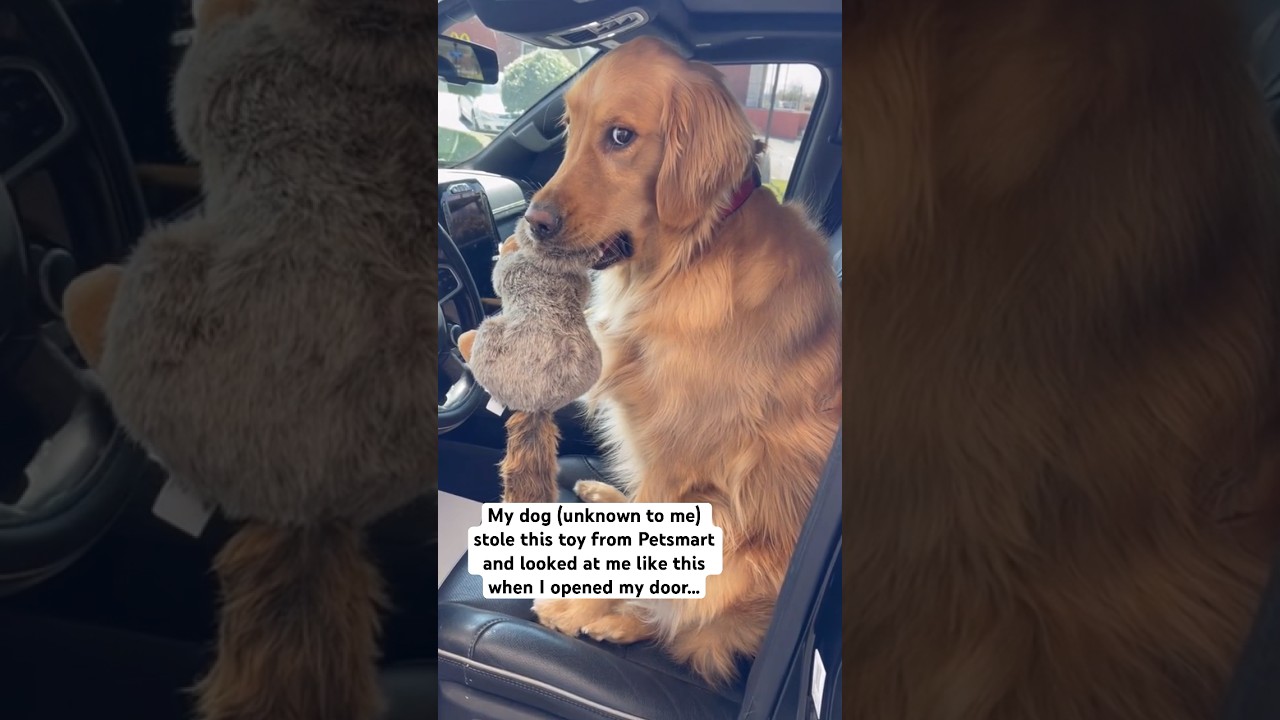Golden Retrievers are beloved family pets known for their friendly and gentle personalities. However, like all dogs, Golden Retrievers can have health issues that need to be addressed. One common issue that Golden Retriever owners may encounter is anal gland problems. Anal glands are small sacs located on either side of a dog’s anus that secrete a smelly substance used for scent marking territory. When these glands become blocked or infected, they can cause discomfort and even lead to more serious health issues if left untreated.
What are Anal Glands?
Anal glands, also known as anal sacs, are small sacs located on either side of a dog’s anus. They secrete a smelly substance that dogs use for scent marking territory. Normally, these glands empty when a dog defecates, but sometimes they can become blocked or infected, leading to a range of issues.
Signs of Anal Gland Problems in Golden Retrievers
There are several signs that may indicate your Golden Retriever is having issues with their anal glands. These signs include scooting their bottom along the ground, licking or biting at their rear end, foul-smelling discharge from the anus, redness or swelling around the anus, and discomfort when sitting.
Importance of Regular Anal Gland Expression
Regular anal gland expression is essential for maintaining your Golden Retriever’s overall health and well-being. By expressing the anal glands regularly, you can prevent blockages and infections that can lead to discomfort and more serious health issues. It is recommended to have your Golden Retriever’s anal glands expressed by a professional groomer or veterinarian every 1-2 months, depending on their individual needs.
FAQs
Q: How do I know if my Golden Retriever needs their anal glands expressed?
A: If you notice any of the signs mentioned above, such as scooting, licking, or a foul smell coming from your Golden Retriever’s rear end, it is a good indication that their anal glands may need to be expressed.
Q: Can I express my Golden Retriever’s anal glands at home?
A: It is generally not recommended to attempt to express your dog’s anal glands at home, as improper technique can cause injury or infection. It is best to have your Golden Retriever’s anal glands expressed by a professional groomer or veterinarian.
Q: Are there any preventive measures I can take to avoid anal gland problems?
A: Keeping your Golden Retriever at a healthy weight, providing them with a balanced diet, and ensuring they get regular exercise can help prevent anal gland issues. Additionally, regular grooming and expressing of the anal glands can also help prevent blockages and infections.
Conclusion
In conclusion, understanding the role of anal gland expression in Golden Retriever health is crucial for ensuring your furry friend’s well-being. By being aware of the signs of anal gland problems and the importance of regular expression, you can help prevent discomfort and more serious health issues for your Golden Retriever. Remember to consult with a professional groomer or veterinarian if you suspect your dog is having issues with their anal glands.
References
- https://www.akc.org/expert-advice/health/anal-gland-expression-in-dogs/
- https://www.petmd.com/dog/slideshows/8-reasons-express-your-dogs-anal-glands
- https://www.petfinder.com/dogs/dog-health/dog-anal-glands/
















